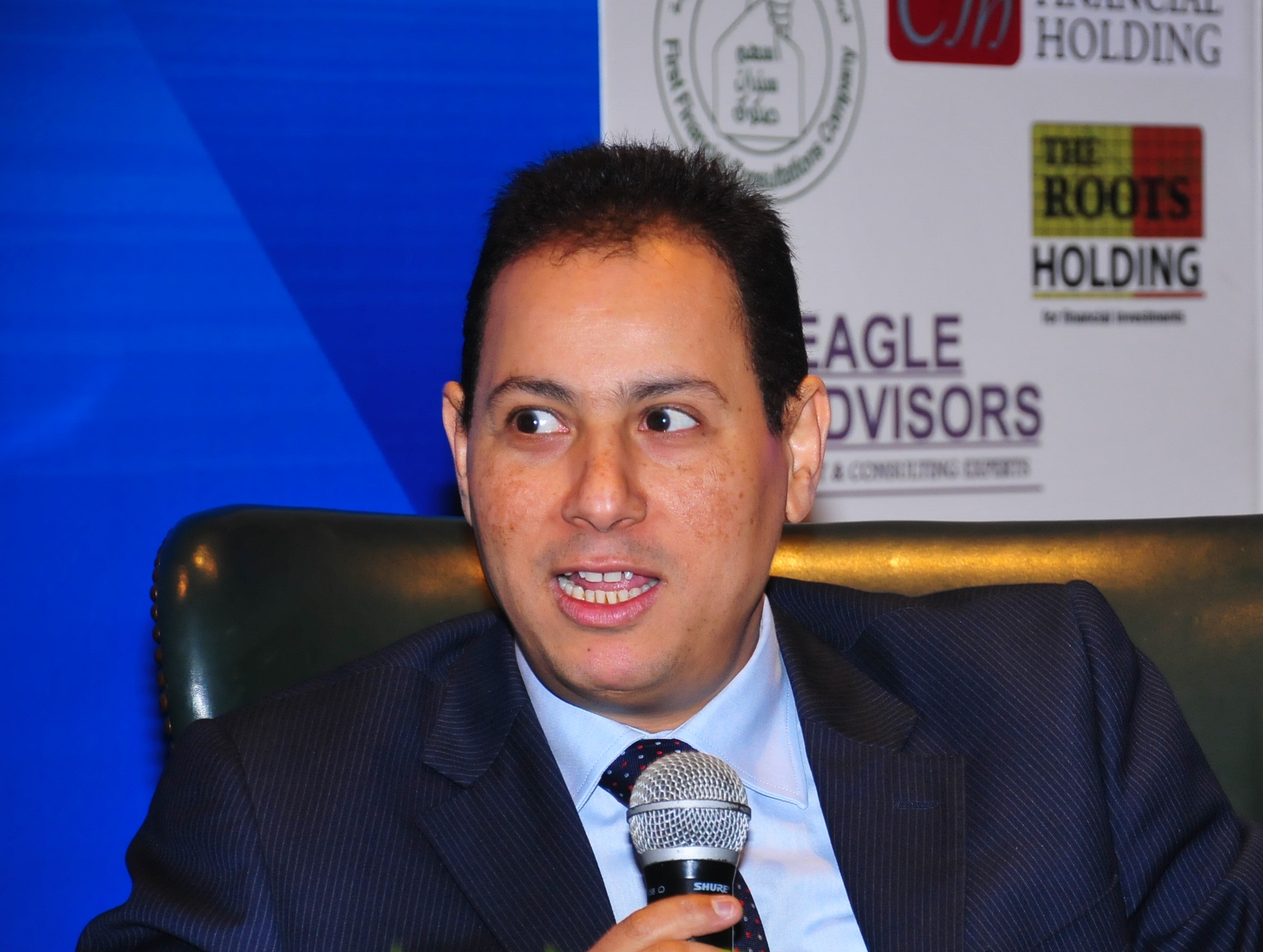
(Photo from CCCPA)
The Cairo Centre for Conflict Resolution and Peace Building in Africa has hosted Libyan tribal elders and leaders in Cairo as an opportunity to “reunite and overcome the current crisis”.
The tribal officials from across Libya participated in three days of talks in Cairo, which began on Sunday. The centre said in a Tuesday statement that the talks present an opportunity for the tribes to tackle the challenges facing Libya, “which are afflicting the Libyan people and the state, and threaten its security and stability”.
The group stressed that the crisis can be averted through “sincere dialogue… on the basis of the fundamentals of the Libyan nation, support for legitimate state institutions, especially the House of Representatives and the renunciation of violence and its perpetrators”.
Minister of Foreign Affairs Sameh Shoukry met the Arab League Secretary General’s envoy for Libya Nasser Al-Kidwa on Tuesday. The pair addressed Libya’s “political path” and discussed “ways to support the legitimate institutions there”.
Shoukry also relayed to the Arab League envoy the results of discussions with the tribal elders and leaders over the course of their three-day visit to Cairo.
The House of Representative (HoR), which is the elected government of Libya, aligned itself on Sunday with retired army general Khalifa Hiftar, whose forces have been fighting Islamists in the eastern city of Benghazi.
The HoR relocated to Tobruk after the capital Tripoli was beset by militant groups fighting for control. Islamist forces such as Libya Dawn claimed control of the city, which is now home to a rival Islamist-dominated government.
The United States, United Kingdom, France, Italy and Germany released a joint communiqué on Saturday reiterating their support for the HoR and condemning the widespread violence in the nation, specifically referring to Ansar Al-Sharia and Hiftar’s actions in Benghazi.
The security situation in Libya has been fragile since the overthrow of Muammar Gaddafi in 2011. The Libyan military sough to co-opt militia groups that emerged during the uprising against the former president; however the groups often acted unilaterally.
Thousands fled the violence in Libya’s cities, including hundreds of Egyptian citizens who were evacuated from the Libya-Tunisia border in August. Egyptian truck drivers are often targeted by militia groups who hold them for ransom. The foreign ministry warned drivers earlier this week against travelling further west than Tobruk.
Egyptian officials have expressed concern over the situation in neighbouring Libya and the foreign ministry has been closely monitoring the situation. Shoukry has also participated in several international conferences and meetings on the situation in Libya in an attempt to find a political solution to the crisis.
Egypt denied reports last month that it had cooperated with the United Arab Emirates in carrying out airstrikes against Islamist targets in Tripoli. In the last week, Libyan officials denied Egyptian military involvement in their country.


